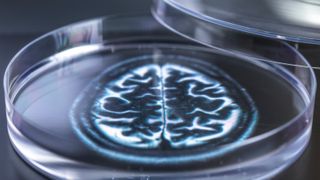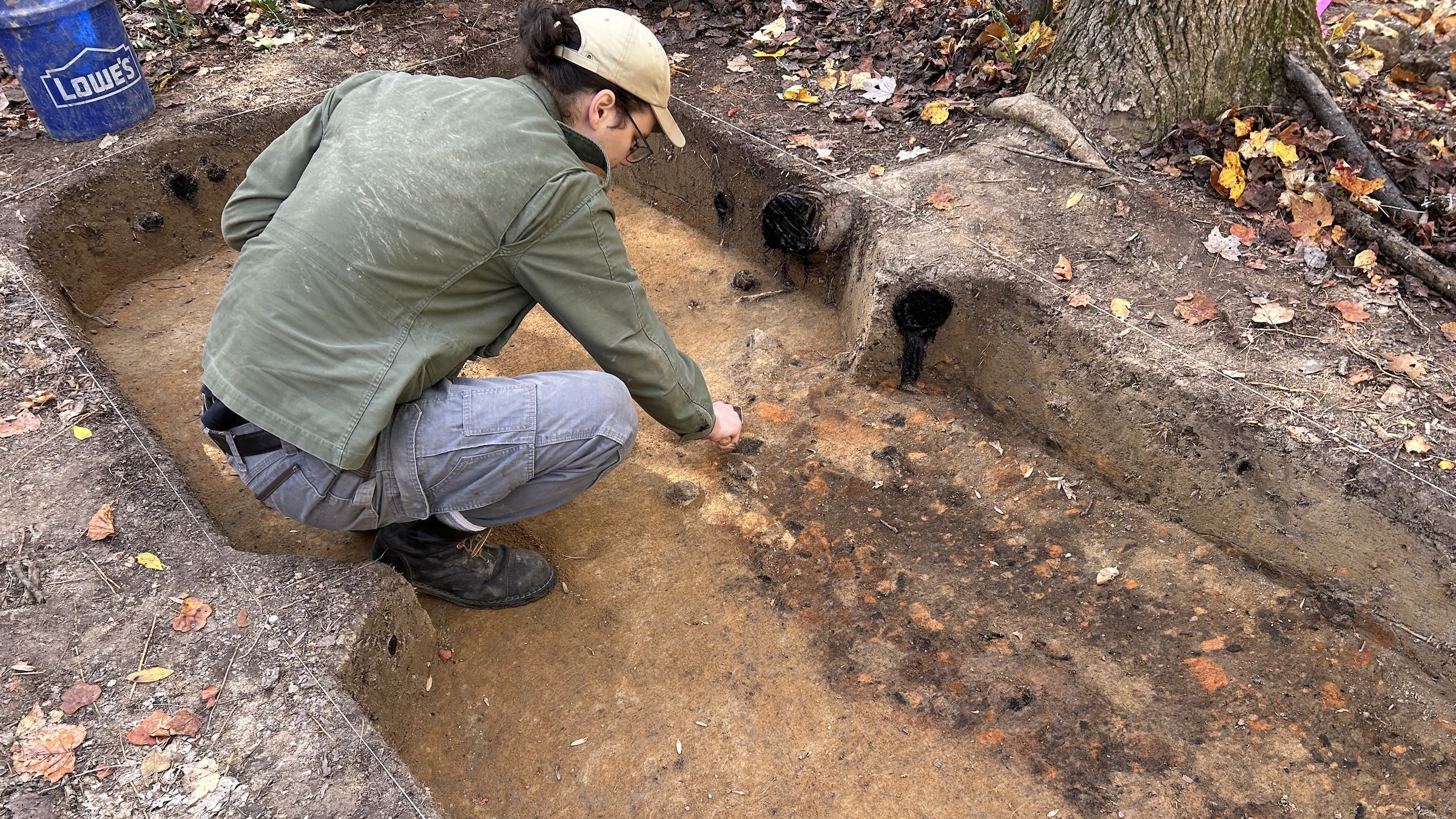Neuroscience
Latest about Neuroscience
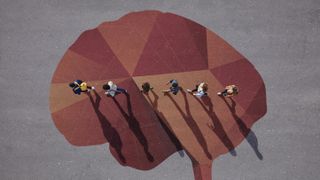
'Intelligence comes at a price, and for many species, the benefits just aren't worth it': A neuroscientist's take on how human intellect evolved
By Nikolay Kukushkin published
Book In his book "One Hand Clapping," Nikolay Kukushkin explores explanations for how consciousness evolved, and ultimately, what makes us human.
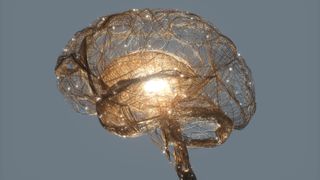
The evolution of life on Earth 'almost predictably' led to human intelligence, neuroscientist says
By Nicoletta Lanese published
Interview Neuroscientist Nikolay Kukushkin spoke to Live Science about how human consciousness evolved.
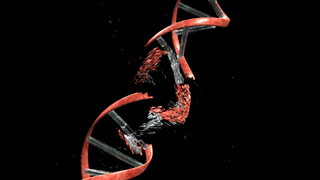
CTE may stem from rampant inflammation and DNA damage
By Larissa G. Capella published
New research shows that CTE may stem from DNA damage and inflammation set in motion by blows to the head.
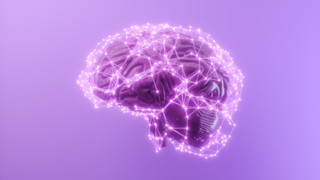
'As if a shudder ran from its brain to its body': The neuroscientists that learned to control memories in rodents
By Steve Ramirez published
In this adapted excerpt from "How to Change a Memory," author and neuroscientist Steve Ramirez recounts the events that led him and his colleagues to discover memories could be artificially controlled in rodents by zapping their brains with lasers.
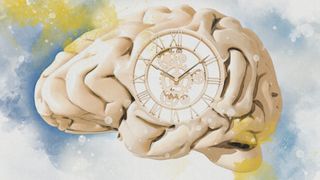
New study reveals why time seems to move faster the older we get
By Slava Amanatski published
A new study hints that age-related changes in our brains may explain why time feels like it's slipping away faster with every passing year.

How do our brains wake up?
By Sara Hashemi published
How do we go from sound asleep to awake in the blink of an eye?

Diagnostic dilemma: A brain lesion gave a woman a lifetime of joyless laughing fits
By Mindy Weisberger published
A woman had experienced sudden bursts of uncontrolled laughter her whole life. A brain scan revealed why.
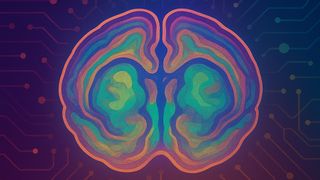
Scientists used AI to map uncharted areas of the mouse brain
By RJ Mackenzie published
A new brain map details regions of the organ that had previously been difficult to chart.
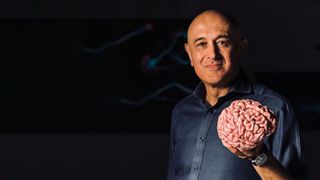
In 'Secrets of the Brain,' Jim Al-Khalili explores 600 million years of brain evolution to understand what makes us human
By Sophie Berdugo published
In his new BBC show, Jim Al-Khalili journeys through hundreds of millions of years of brain evolution. Live Science spoke to him about what he learned along the way and how this knowledge sheds new light on human cognition.
Get the world’s most fascinating discoveries delivered straight to your inbox.


